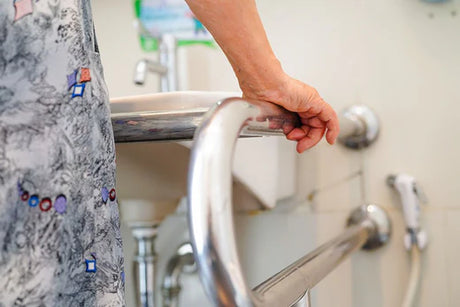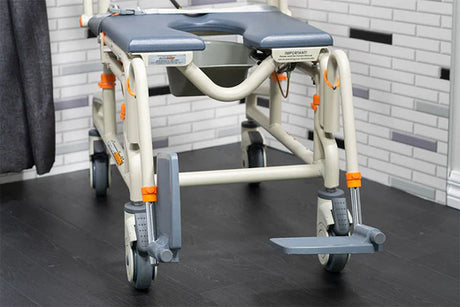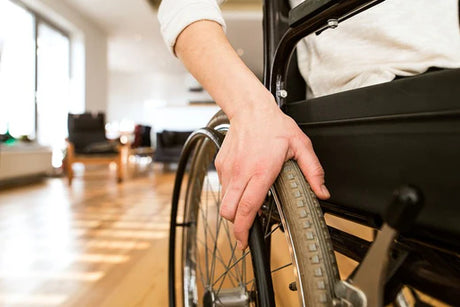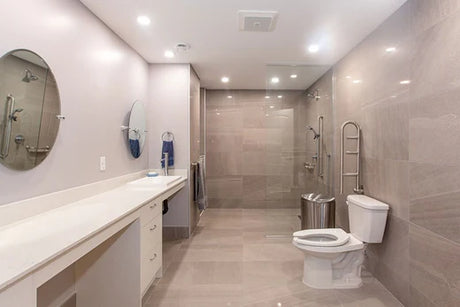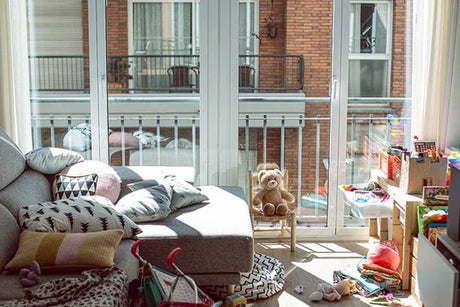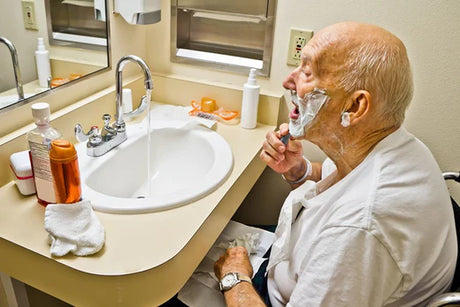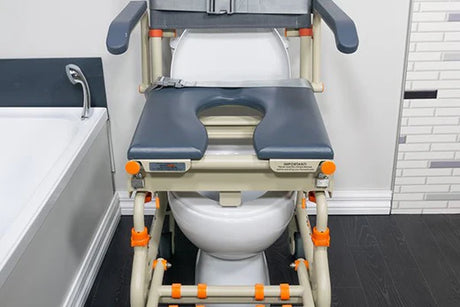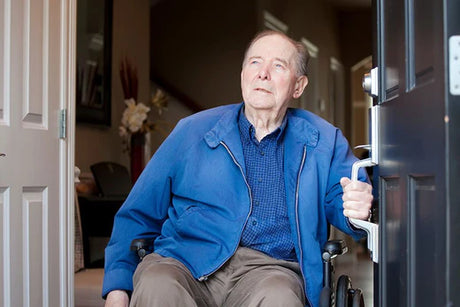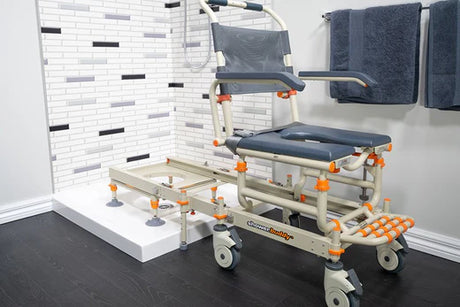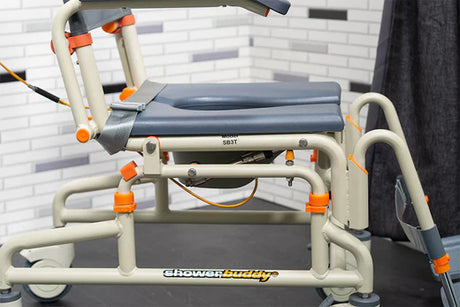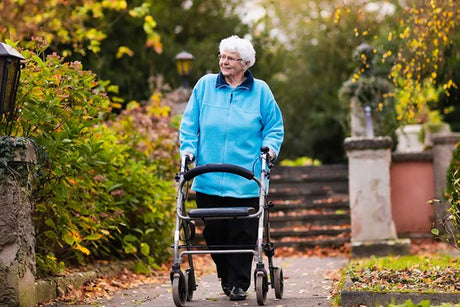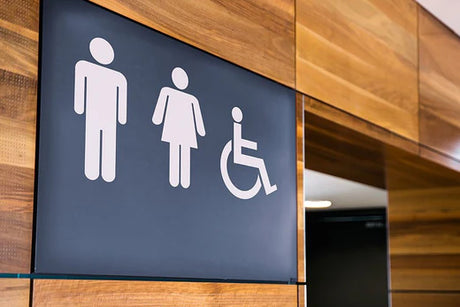1. Introduce care practices into the current living situation before moving
There are a few areas that you may wish to start – ultimately you should get advice from your parent’s GP as to the best in-home help to start with. For many families this comes in the form of a cleaner – a job that requires significant mental exertion and takes a long time to complete. Cleaning also comes with many hazards for an elderly person with reduced mobility, strength and vision. A cleaner is also a relatively gentle introduction to home help as they are a fixture of many households – mobility challenges or not.
The next stage might be someone (could be a family member) who comes and brings meals or prepares them in the home. If you’ve got a parent who’s a keen cook, this can be somewhat of an adjustment and warrants an open conversation about the physical requirements of cooking (hand-eye coordination, dexterity, ability to avoid falls and slips near the stove etc). This assistance with meals and cleaning can start to relieve the pressure from your elderly parents who can instead focus on other activities they enjoy, safely.
Along with these at home chores, you’ll want to explore closely the matter of personal transport. Giving up driving is a huge deal as it represents the loss of completely independent movement for many of our senior community. Even still, there is the safety of both your parent and the wider community when it comes to driving on the public roads with degrading motor skills.
Transitioning away from driving oneself to the supermarket, visiting friends or going to the beach might be a matter of steps. First, you may wish to have family members share the duty of giving lifts to your parents. Once they’ve become comfortable with this, it may be worth introducing travel services specifically for the elderly community. This is a good step towards trusting non-family services; of which they’ll be depending on in a senior care setting.
2. Keep your parent involved in decision making as much as possible
Try to have these discussions well before the time at which they need to be moved into a care facility or similar. This is sometimes really difficult as mobility impairments don’t always develop slowly or gradually. Regardless of the time frame, if you’re able to have your parent as part of the decision making themselves, the solution around care has a better chance of garnering good results long term.
In any of these situations however, you should always proceed with the health of your parent’s medical providers (such as a GP), as they are best placed to provide you with accurate, professional advice on the best support needed.
3. Research assistive technology to handle tasks
The evolution of assistive equipment has meant that homes are better suited for someone without the ability to manage them on their own. Even technology designed for a broad audience like smart home products can create more autonomy for your loved one.
This may include:
- Voice activated controls for blinds, lighting, heating and cooling.
- Wifi controlled cooking and cleaning appliances (reducing manual movements)
- Communication devices with accessibility functions including voice commands.
4. Do your research and interview multiple home care options
Interviewing home care professionals as well as potential facilities is as much about determining the services provided as it is about the people running them. Eldery care is such a people-based service that you need to be confident your parent is going to be well suited to the people interacting with them regularly. Don’t be afraid to ask the hard questions and empower your parent to ask as many questions as they have too.

5. Consider how family contributes to the weekly care plan
As always, it’s a good idea to work closely with doctors, occupational therapists and professional caregivers to work out a good plan for family involvement.
Further reading on the topic
Enjoyed this article? You may be interested in these resources online:
- Checklist for Moving Elderly Parents: 6 Practical Things to Consider When Moving an Aging Loved One – A Place For Mom
- Advice: Supporting Elderly Parents – Carers.net.nz
- 10 Factors to Consider Before Moving Your Elderly Parents In – SeniorNavigator












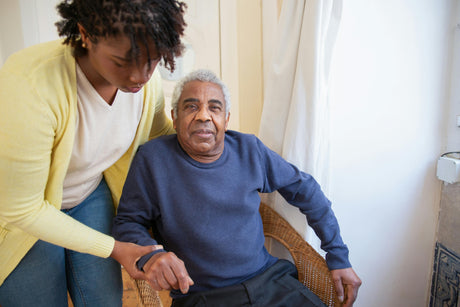

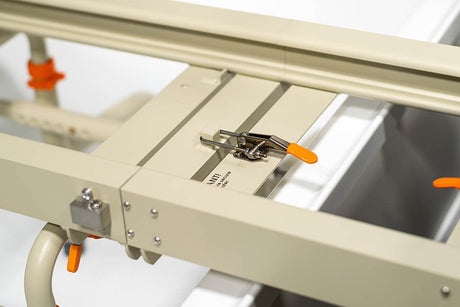
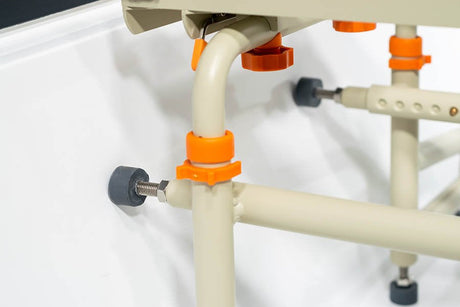
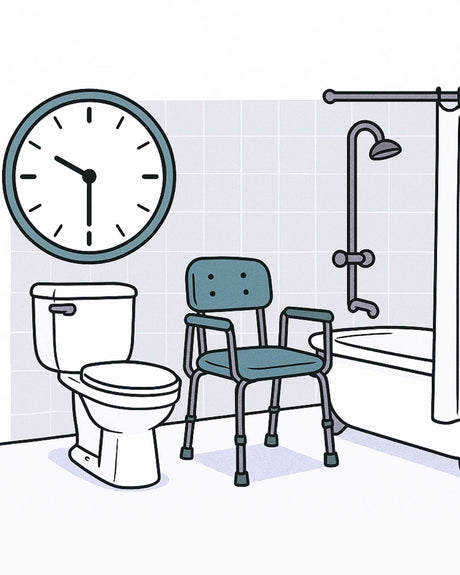
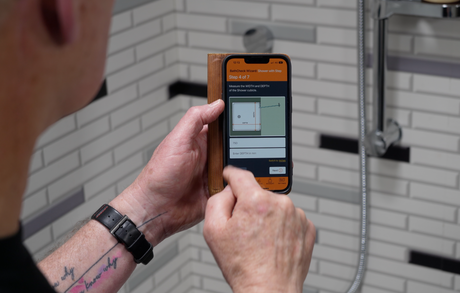
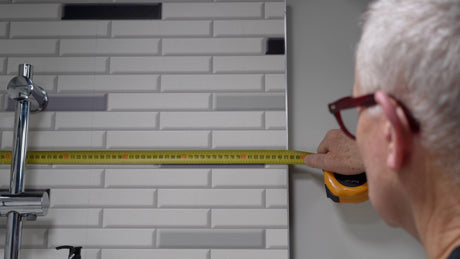

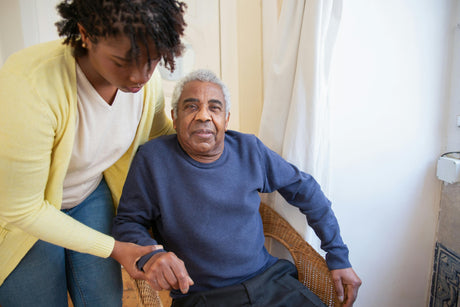

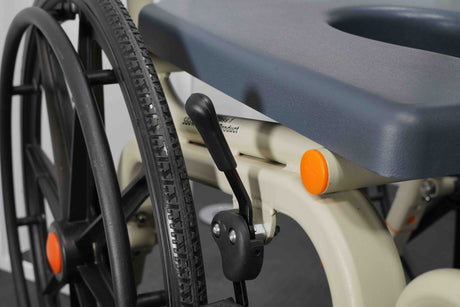


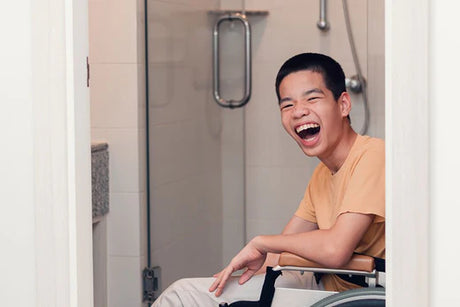
![Toilet Training A Young Child With Mobility Challenges [And How A Shower Chair Can Help]](http://shower-buddy.com/cdn/shop/articles/toilet-training-disabled-child_520x500_a90e5234-d372-435d-aa56-8da15dd3836c.webp?v=1722557239&width=460)



